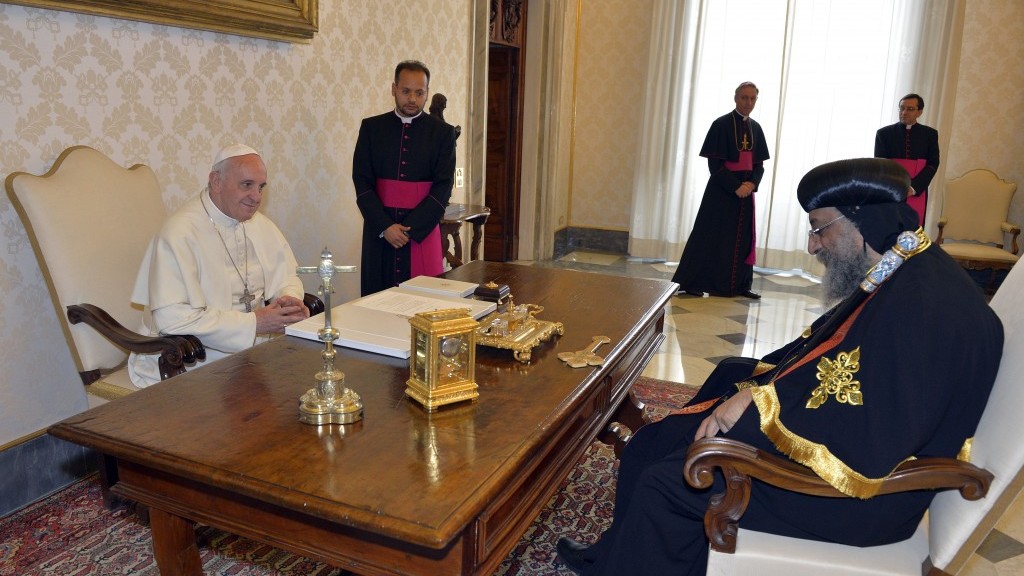By Charlie Cabot
CAIRO: The Spanish Cabinet recently recommended deporting fugitive Egyptian businessman, Hussein Salem, a step that may initiate the process of trying the corrupt billionaire in Egypt, according to news reports.
This step, which came as a surprise, allows the request to enter the Spanish National Court, which will process it.
Salem fled to Spain, where he carries an allegedly fraudulent citizenship, in the early days of the January 25 uprising which toppled ex-president Mubarak.
“When [Salem] is in Egypt, it will guarantee that we get our money back,” said Ahmed Mekki, head of the cassation court in Alexandria. “He will do anything to release himself and get himself out of this trouble.”
After being arrested by the Spanish police on June 14, Salem has been under house arrest at the Hospital Gregorio Marinon in Madrid. The Spanish court system has set his bail at €27 million.
“Why should he be tried in Spain if he can be tried in Egypt? The man is Egyptian and he committed all this corruption in Egypt,” Mekki said.
Spain’s concessions came after Egypt’s attorney general sent evidence to the Spanish authorities that Salem possesses an Egyptian passport. Spanish law does not accept dual citizenship and the documents prove that Salem is still an Egyptian citizen.
“We do have all the legal rights to try him in Egypt,” Mekki added. “And we trust our judiciary more than a foreign judiciary.”
Salem’s trial, where he will face charges of corruption, is set for August 3, falling on the same day as that of the ousted president.
Prominent among the charges he faces is selling gas to Israel far below the market price, which took millions away from the Egyptian economy. Salem possessed a monopoly on gas sales to Israel, a fact that many have attributed to his close friendship with Mubarak.
“Hussein Salem singlehandedly added new meaning and dimensions to the concept known as ‘crony capitalism,’” Egypt’s Al-Ahram daily said in its expose of the businessman.
Crony capitalism, used to describe Egypt’s economy under the regime, refers to an apparent free market which, in reality, is dominated by illicit favoritism by corrupt government officials.
Although the news of Salem’s prospective trial in Egypt cheered many, some still took a cynical attitude.
“To be honest the Salems would love to be arrested in Egypt,” wrote Zeinobia, a popular blogger. “In the end they will be treated as kings at Tora prison.”
Although Salem’s alleged crimes are extensive, they are not punishable by death under Egyptian law.
Some are also addressing the possibility that the Spanish National Court will deny Egypt’s extradition request.
“If the worst case scenario happens and we don’t get [Salem] from Spain, things will be more difficult,” Mekki said. “Many businessmen have fled the country and we cannot get them back.”

